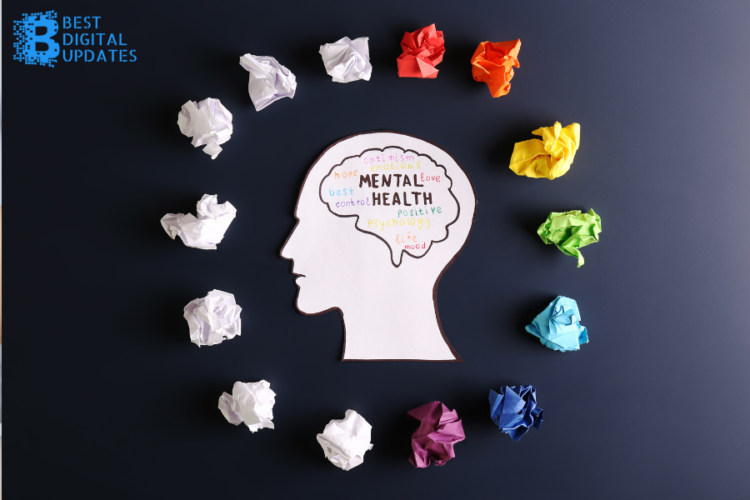We often hear a lot about rising suicide rates and increasing mental health problems in society, particularly with those in the adolescent and young adult age groups.
This has coincided with the increased use of the internet and easier access via mobile phones, along with the rise of social media.
The term, internet troll, stands for someone who can hide behind an anonymous online personality and with little fear of exposure or retribution, write whatever they want about complete strangers, which can in some circumstances be very hurtful.
In the worst-case scenarios, some people have committed suicide based on the negative comments they constantly received online.
Suggesting these people should just stay off the internet or keep away from the sites that are causing issues. That is an easy answer, but not so easy to achieve when the internet is part of our everyday life.
The internet can be a double-edged sword.
It can be the cause of great problems for people with mental health issues, but if used effectively, it can also be a source of great healing.
The following are just some of the online tools that anyone with internet access can use to access a mental health professional and other resources that can have a positive impact on their mental health.
Online Communities
Table of Contents
These websites bring together a group of people with common interests or experiences to a single point where they can communicate with each other.
These communities can be helpful because participants can share their feelings and seek support from others who have been through similar experiences. This is a form of online peer support.
Mental health communities have higher levels of moderation than general social media sites and are less likely to attract people wanting to supply negative comments.
These online communities include:
- Side by Side
- Beat Message Boards
- Togetherall
- SANE Support Forum
Online Therapy
Also known as e-therapy, you can access these internet services via a computer, phone, or tablet.
If you’re uncomfortable speaking to another person, you can undertake online self-help courses that commonly use cognitive behavioral therapy (CBT) and last for several weeks or months, involving you in the completion of a range of online exercises.
Alternatively, you can access live therapy with a therapist via instant messaging or an online meeting using a webcam.
Typically, before you can access these services via the NHS, you’ll be offered an assessment with your GP.
CBT has been found to be helpful treating anxiety and depression, supplied symptoms are not severe. If they are severe, more intensive treatment and support is recommended.
Social Media
These sites offer a fantastic way to staying contact with friends and families and to make new online friends, or even catch up with old friends. This can help you receive support for your wellbeing, and you can share personal stories and find others who have similar mental health experiences as yourself.
The level of moderation is low and with the most popular sites, it can be exceedingly difficult to contact anyone with the power to solve any problems you might be having with other people on the site.
You can block someone, but it is extremely easy for them to create new profiles and continue with any online abuse.
Ideally you should be incredibly careful with your privacy settings and be prepared to walk away from a social media site if you are suffering abuse or having any problems. There is always an alternative site with similar features you can find and invite your real online friends to contact you there.
The most common social media sites can be quite different from each other and can attract distinct groups of people, making for a different environment and experience. The top ten social media sites in 2022 include:
Apps
Apps supply a range of uses which could help you manage your mental health, including:
- general information and links to other relevant sites
- lifestyle and wellbeing support
- self-help support for people struggling with mental health problems like depression
They can be easily downloaded from the Apple App Store and Google Play with some being free, and others requiring a one-off payment or a regular monthly subscription.
Some apps will request your personal health information, so make sure the app is genuine and secure.
Blogs, Vlogs and Podcasts
Blogs, vlogs (video blogs) and podcasts (audio shows) are channels which publish things they’ve written, created or recorded. Sites include:
- YouTube
- WordPress
- Blogspot
- Audioboom
Reading or watching other people’s experiences can help some people feel less alone or help them understand their own feelings. Those who make these recordings find that sharing their experiences can be part of their healing process.
While the internet comes with many dangers, at the same time it also produces many effective solutions.




















